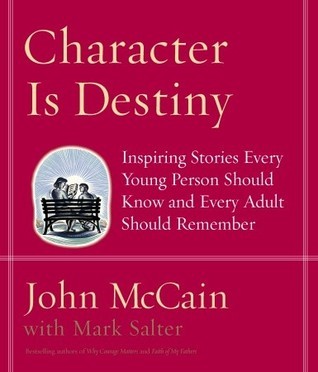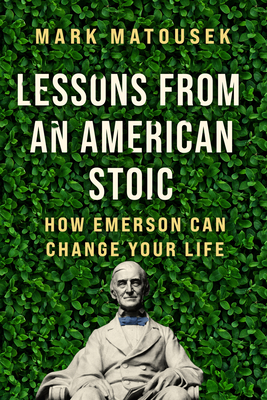
The Road to Character
Book Description
In a world obsessed with success, David Brooks leads a compelling quest to untangle the essence of true character. He journeys through the lives of remarkable figures, revealing the moral struggles and profound lessons that shaped them. Each story weaves together personal sacrifice, resilience, and the intricate dance between ambition and humility. Dive into a riveting exploration of what it means to lead a meaningful life, where the heart meets the mind in shaping our destinies. Can we uncover the deeper values that define us before it’s too late?
Quick Book Summary
In "The Road to Character," David Brooks probes the internal qualities that define true greatness, contrasting society’s current focus on external success with the timeless virtues shaping a meaningful life. Instead of celebrating fame, wealth, and achievement, Brooks examines humility, moral depth, and inner fortitude through the stories of historical figures who exemplified these traits. From Frances Perkins to Dorothy Day, Brooks reveals the struggles and personal sacrifices that forged their extraordinary character. The book challenges readers to cultivate what Brooks calls "eulogy virtues"—those defining attributes remembered at the end of a life—by embracing self-confrontation, discipline, and a deep sense of purpose. Ultimately, Brooks offers a guide for redirecting our lives toward selfless service and profound fulfillment.
Summary of Key Ideas
Table of Contents
The Contrast Between Resume and Eulogy Virtues
David Brooks begins by drawing a distinction between "resume virtues"—skills and achievements recognized by the world—and "eulogy virtues," which speak to one's inner character and moral integrity. He criticizes modern culture’s emphasis on external success, arguing that it often eclipses the formation of deeper, more enduring personal values. Brooks sets out to investigate how individuals can foster qualities like kindness, bravery, honesty, and faithfulness and why these are vital to a fulfilled and ethical life.
Moral Struggle and Self-Mastery
To explore these themes, Brooks profiles a range of historical figures, including Dwight Eisenhower, Dorothy Day, and A. Philip Randolph. Each story highlights internal battles and moral choices that shaped these individuals' characters. Their development was seldom linear; instead, it emerged from their confrontations with their own weaknesses, setbacks, and moments of crisis. Brooks emphasizes that genuine character forms through continual moral effort, failures, and small victories over oneself.
Humility and the Limits of Self
A core thread throughout the book is the importance of humility. Brooks describes humility not as self-deprecation but as recognizing one’s limitations and the moral “crooked timber” of humanity. This awareness acts as a catalyst for character building, prompting self-discipline and restraint. The historical figures examined consistently show a “self-confrontation” process, where honesty about their flaws becomes the foundation for their growth and moral stature.
Redemption and Personal Transformation
Redemption and transformation are central. For many profiled, the journey to character was sparked by major life challenges or failures, which forced them to re-evaluate priorities and find redemption through service, sacrifice, or deep introspection. Brooks illustrates how setbacks, when faced openly, can provide powerful opportunities for personal renewal and greater purpose.
Living Purposefully in Service to Others
In closing, Brooks advocates for a life oriented not toward self-aggrandizement but toward purposeful contribution. He urges readers to seek meaning not in individual achievement but in self-transcendence and service to others—be it family, faith, or community. The book ultimately offers a roadmap for cultivating moral depth and living a life rich in significance, embodying values that will be remembered long after worldly accomplishments fade.
Download This Summary
Get a free PDF of this summary instantly — no email required.





